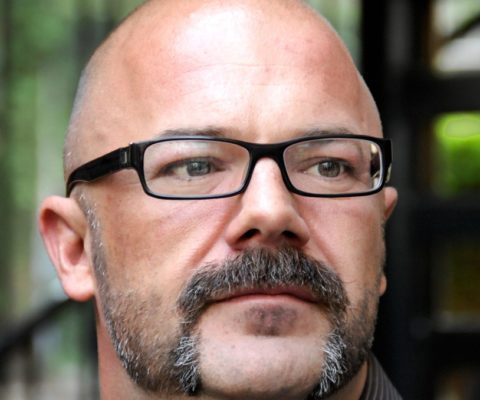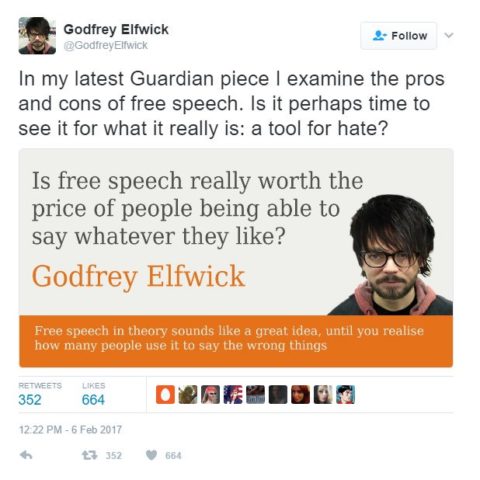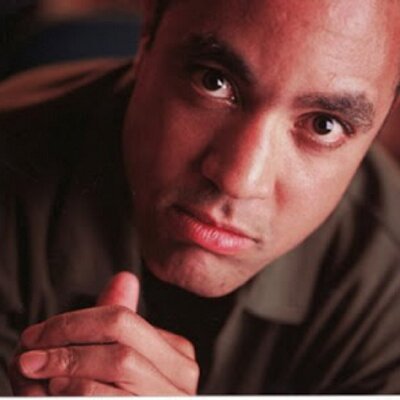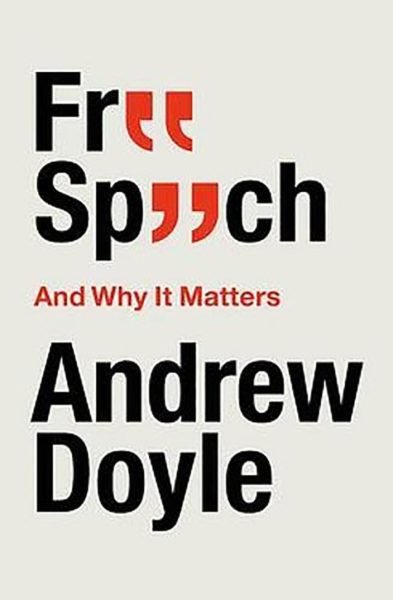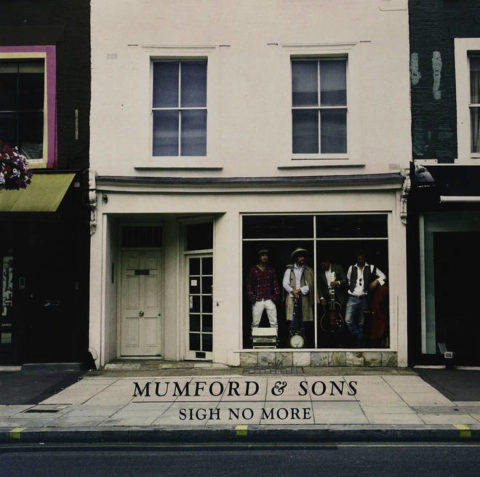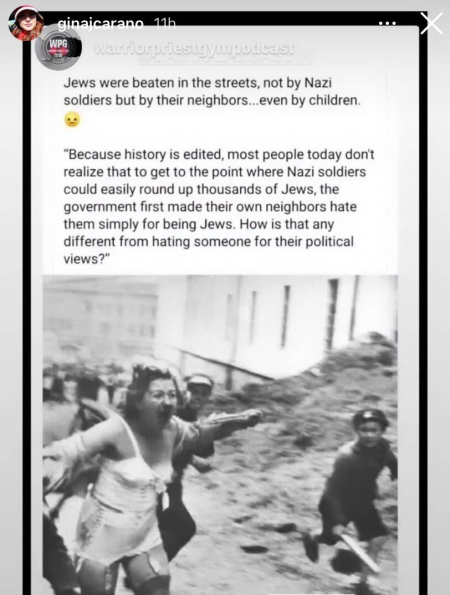From Andrew Sullivan‘s Weekly Dish free excerpt:
“What happened to you?”
It’s a question I get a lot on Twitter. “When did you become so far right?” “Why have you become a white supremacist, transphobic, misogynistic eugenicist?” Or, of course: “See! I told you who he really was! Just take the hood off, Sully!” It’s trolling, mainly. And it’s a weapon for some in the elite to wield against others in the kind of emotional blackmail spiral that was first pioneered on elite college campuses. But it’s worth answering, a year after I was booted from New York Magazine for my unacceptable politics. Because it seems to me that the dynamic should really be the other way round.
The real question is: what happened to you?
The CRT debate is just the latest squall in a tempest brewing and building for five years or so. And, yes, some of the liberal critiques of a Fox News hyped campaign are well taken. Is this a wedge issue for the GOP? Of course it is. Are they using the term “critical race theory” as a cynical, marketing boogeyman? Of course they are. Are some dog whistles involved? A few. Are crude bans on public servants’ speech dangerous? Absolutely. Do many of the alarmists know who Derrick Bell was? Of course not.
But does that mean there isn’t a real issue here? Of course it doesn’t.
Take a big step back. Observe what has happened in our discourse since around 2015. Forget CRT for a moment and ask yourself: is nothing going on here but Republican propaganda and guile? Can you not see that the Republicans may be acting, but they are also reacting — reacting against something that is right in front of our noses?
What is it? It is, I’d argue, the sudden, rapid, stunning shift in the belief system of the American elites. It has sent the whole society into a profound cultural dislocation. It is, in essence, an ongoing moral panic against the specter of “white supremacy”, which is now bizarrely regarded as an accurate description of the largest, freest, most successful multiracial democracy in human history.
We all know it’s happened. The elites, increasingly sequestered within one political party and one media monoculture, educated by colleges and private schools that have become hermetically sealed against any non-left dissent, have had a “social justice reckoning” these past few years. And they have been ideologically transformed, with countless cascading consequences.
Take it from a NYT woke star, Kara Swisher, who celebrated this week that “the country’s social justice movement is reshaping how we talk about, well, everything.” She’s right — and certainly about the NYT and all mainstream journalism.
This is the media hub of the “social justice movement”. And the core point of that movement, its essential point, is that liberalism is no longer enough. Not just not enough, but itself a means to perpetuate “white supremacy”, designed to oppress, harm and terrorize minorities and women, and in dire need of dismantling. That’s a huge deal. And it explains a lot.

